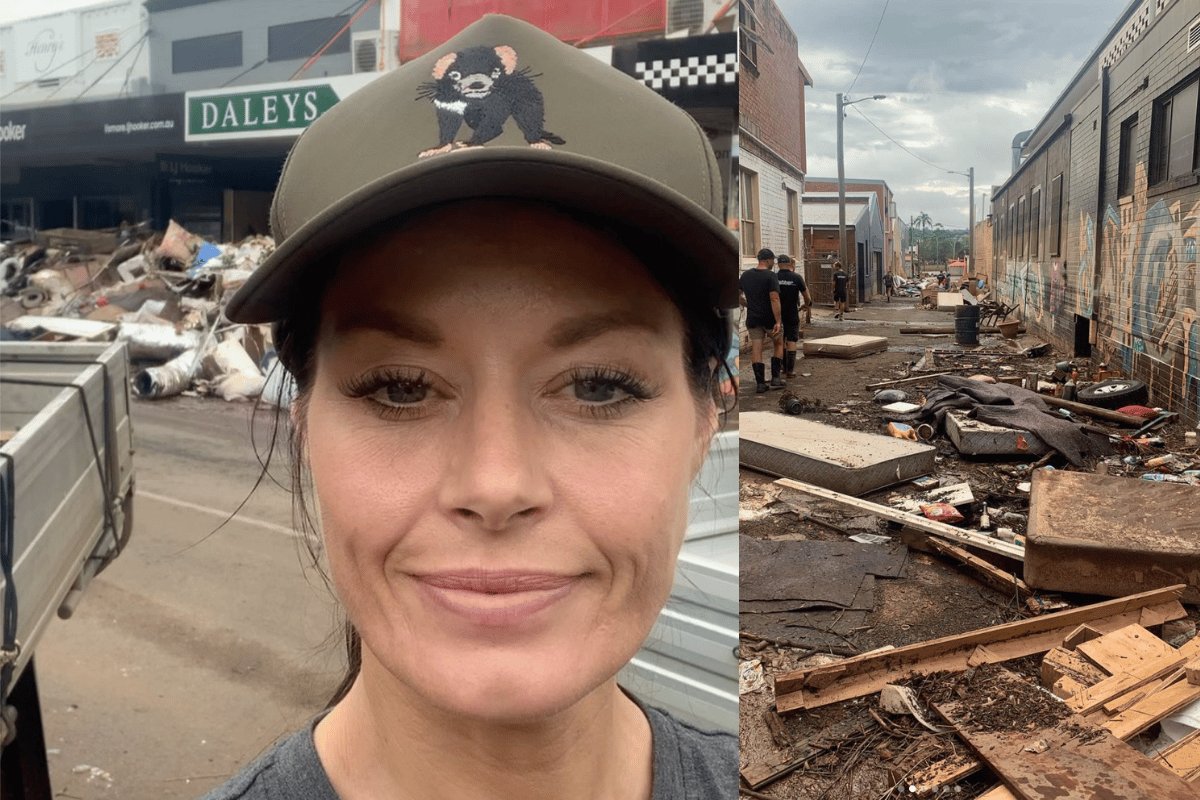
So many in the Northern Rivers community and across the region have been hit by devastating floods.
But it's the aftermath of these floods that is causing just as much devastation. Some people's homes have been swept off hills. Some are still stranded, playing a very long waiting game. And others have begun the clean up, only to realise that it's impossible to fix with the limited resources on hand.
Simply put, it's been a lot for the Northern Rivers and Southeast Queensland. Of course a small silver lining is always the incredible community spirit that is shown in the wake of natural disasters like these, and stories of everyday Aussies doing their bit.
But it also comes with stories of locals struggling to find the help they need, feeling isolated and left to pick up the pieces. Stories of the climate change conversation. And stories about whether the community feels that the government has done enough to support them.
Watch: Many flood victims have 'lost everything' in Northern NSW disaster. Post continues below.
Video via SBS News.
Madeleine West - who lives in the Northern Rivers region - spoke on Mamamia Out Loud this week about the current mood.
"It's completely flooded, big trees have fallen over so we can't get through. We're trying to access some communities around here, which are still stranded and completely cut off. There's lots of helicopters going overhead dropping over care packages but we're just not seeing the coordinated effort that I was expecting. When we started [the clean up] process, there were very few people on the ground and a lot of people wandering around not sure what to do," Madeleine shared.

Top Comments